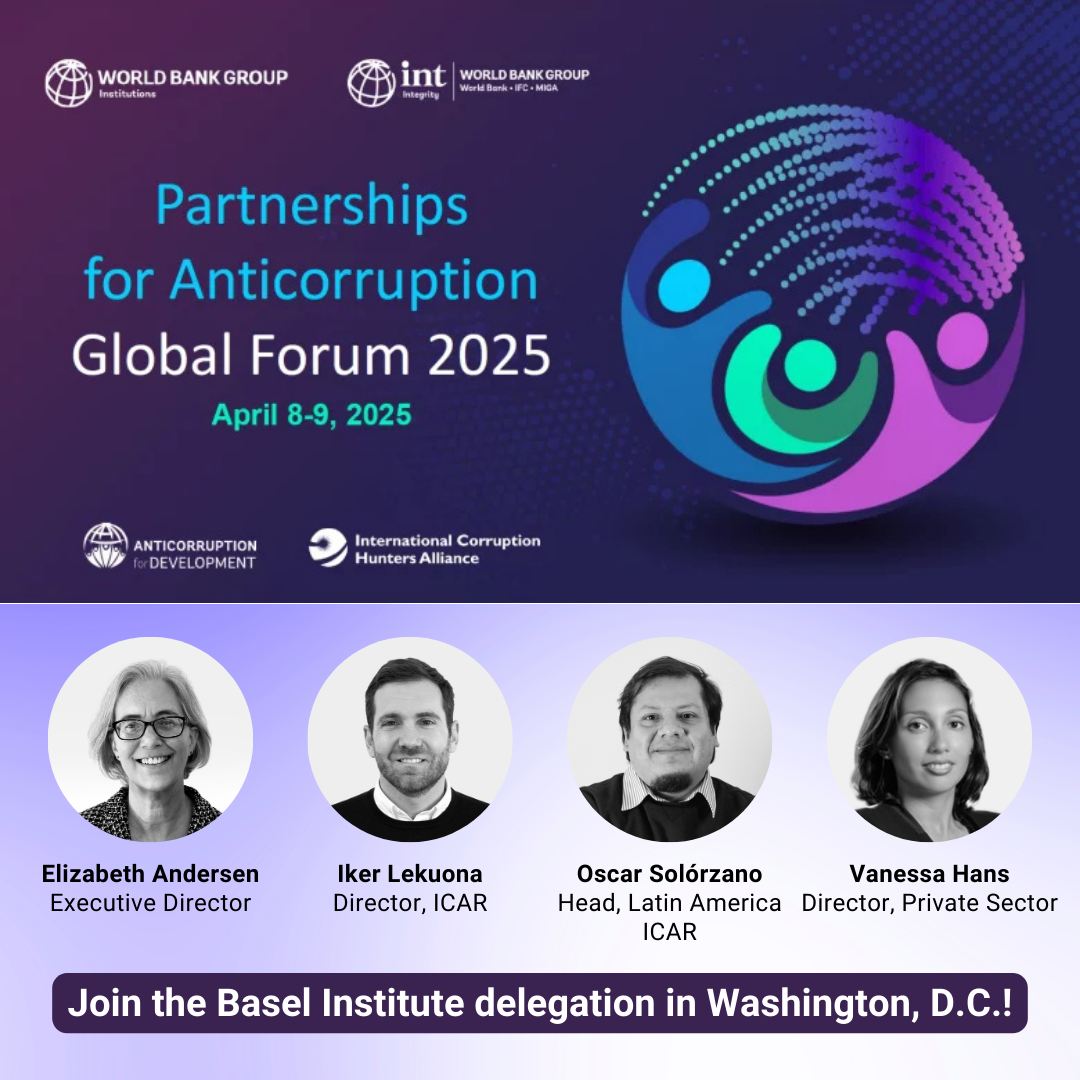Keeping Europe safe means keeping up with corruption and financial crime threats
Two recent EU publications underscore the central role of corruption and money laundering in enabling organised crime and threatening security – and how essential it is to invest more in efforts to investigate, seize and confiscate criminal assets.
Europol’s 2025 Serious and Organised Crime Threat Assessment (SOCTA) painted a sobering picture of how organised crime is “evolving at an unprecedented pace”, with corruption and money laundering as key enablers.

